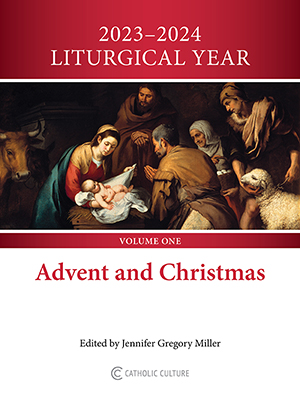speculation
By Diogenes ( articles ) | Dec 22, 2005
In a BBC radio interview, the Archbishop of Canterbury Rowan Williams strides into the thick of battle and nails his colours to the fence:
Simon: And if one of your priests wanted to become involved in a civil partnership?
Rowan: Well, the guidelines issued by the House of Bishops are quite clear. If a priest wants to enter into a civil partnership, then he or she has to give an undertaking that this is not an active sexual relationship, because I don't think it's proper that the Church should have its doctrine and discipline changed by the decision of the State. That's the bottom line there.
Simon: Do you think these couples who are going to have a civil partnership shortly and have some kind of ceremony -- do you think that they should be able to have it blessed in church, or there should be some kind of ceremony which would give blessing?
Rowan: Well, again, the Bishops of the Church of England have said, no, they don't think that is appropriate. It's partly because, I don't think any of us would know quite what we were blessing in any particular instance. The danger of making...
Simon: ...presumably you'd be blessing two people who are saying publicly that they want to commit themselves to each other for the foreseeable future -- same as in a wedding.
Rowan: A wedding includes rather more than that. A wedding is between a man and woman. It has the possibility, normally, of family. It's a social fact. It's got two thousand years, or more, of theology behind it. And I think what the Archbishops of the Anglican Church said, a couple of years ago when they met, was: 'You need to be clearer about having a theology before you have a service' -- or something like that. So, I think it's right to hold back on that. We don't want this confused with marriage, at the moment. We don't want orders of service which, if you like, run up to the frontiers of marriage and then just pull back a little bit. It's a very complicated issue, and I think how people deal with it pastorally, in individual cases, is going to be difficult.
Simon: But in the fullness of time, maybe once people have thought about it, and the theology has caught up, might it be something that...?
Rowan: We'd need to have changed quite a lot before -- well, I won't speculate about that.
As a bishop, Dr. Williams, you don't need to speculate. The point at issue is not a matter of theological speculation, but moral doctrine. The difference is crucial.
Doctrine is a divine endowment. Theology is a human enterprise. Because it comes from God, who is unchanging and incapable of error, doctrine is unchanging, and true. But theology, like economics or psychology or media studies, is an academic discipline, with all the attendant human frailties. Theology -- no different from any other profession in this respect -- has been and always will be a victim of fads and careerism and political manipulation and factional rivalries and personal jealousies and the simple human lust to earn a name by saying something newsworthy. Historical theology apart, the ideas debuted in theological journals have the shelf life of yoghurt, and a flip through a list of articles from, say, 1974 will show that most of them are as dated as Plymouth Dusters and polyester leisure suits.
Of course, theology has its successes too, but the point is that theologians, quâ theologians, don't know what they are. New ideas have to be knocked up against something solid -- namely, doctrine -- to test their reliability, and the instrument that does the knocking is not the theological academy but the Church. Lacking some connection with the Church and the doctrine it guards, theology is anchorless and -- as the interviewer's final question to Dr. Williams indicates -- becomes nothing more than an ongoing fashion show, communicated to the public by the Vogue magazines of the trade.
A bishop's job (in addition to pastoring and governing) is not to be a theologian but to safeguard doctrine. It helps to know some theology to do this job well, but it's not essential. What's essential is a spine. That said, some bishops see themselves as theologians who were given a miter as a kind of Gold Glove, in recognition of their academic accomplishments. Yet academics are constitutionally reluctant to say "the question is settled," and that can make them shonky as bishops. Bishops have to pronounce on the truths by which people will make life-changing decisions -- such as whether to abort a defective child, or serve a corrupt military regime, or marry someone of the same sex. Sometimes the faithful are beset by appalling temptations. If they resort to the Church, they want to know God's will. It just doesn't do to say to these people, "as of today, the consensus is you should keep the baby," when it's perfectly possible that next month's issue of the JTS might carry an article that overthrows that consensus. You have speak, not as the scribes, but with authority.
It's somewhat unfair to pick on Archbishop Williams. His ideas and attitudes differ little from those of his fellow mainstream theologians. Circumstances, however, have put him in a spotlight from which the usual academic equivocations permit no easy escape -- people are demanding answers -- whence the moral feebleness of academic theology is displayed with pitiless clarity. No place to hide.
All comments are moderated. To lighten our editing burden, only current donors are allowed to Sound Off. If you are a current donor, log in to see the comment form; otherwise please support our work, and Sound Off!








